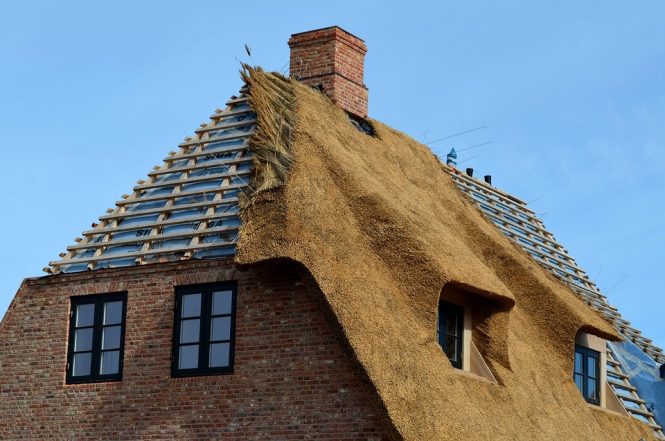
Metal Matters: The Benefits and Drawbacks of Metal Roofing for Your Home
When it comes to choosing the right roofing material for your home, there are numerous options to consider. One popular choice that has gained significant attention in recent years is metal roofing. Metal roofing offers a unique combination of durability, sustainability, and aesthetic appeal, making it an attractive option for many homeowners. However, like any other roofing material, metal roofing also has its drawbacks. In this article, we will delve into the benefits and drawbacks of metal roofing, helping you make an informed decision for your home.
Benefits of Metal Roofing
- Durability: Metal roofing is known for its exceptional durability and can last for up to 50 years or more, depending on the type of metal used. It can withstand harsh weather conditions, including heavy rain, snow, and extreme temperatures.
- Sustainability: Metal roofing is made from recyclable materials, making it an eco-friendly option. It can also be installed over existing roofing materials, reducing waste and the need for new materials.
- Low Maintenance: Metal roofing requires minimal maintenance, as it is resistant to mold, mildew, and pest infestations. It also does not require frequent repairs or replacements.
- Energy Efficiency: Metal roofing can help reduce energy costs by reflecting solar rays and keeping your home cool in the summer. It can also help insulate your home in the winter, reducing heat loss.
- Aesthetic Appeal: Metal roofing comes in a variety of styles, colors, and finishes, making it a versatile option for homeowners who want to add a unique touch to their home’s exterior.
- Fire Resistance: Metal roofing is non-combustible, making it an excellent choice for homes located in areas prone to wildfires.
- Wind Resistance: Metal roofing can withstand high winds and is less likely to be damaged or torn off during storms.
Drawbacks of Metal Roofing
- High Upfront Cost: Metal roofing can be more expensive than other roofing materials, such as asphalt shingles. However, its long-term benefits and durability can make up for the higher upfront cost.
- Noise: Metal roofing can be noisy during rainfall or hail storms, which may be a concern for some homeowners.
- Dent and Scratch Prone: Metal roofing can be prone to dents and scratches, which can affect its appearance and performance.
- Installation Challenges: Metal roofing requires specialized installation, which can be more complicated and time-consuming than other roofing materials.
- Rust and Corrosion: Some types of metal roofing, such as steel, can be prone to rust and corrosion if not properly coated or maintained.
- Expansion and Contraction: Metal roofing can expand and contract with temperature changes, which can cause it to crack or leak if not properly installed.
- Insurance and Warranty: Some insurance companies may not offer coverage for metal roofing, or may require additional riders. Additionally, warranties for metal roofing may vary depending on the manufacturer and installer.
Conclusion
Metal roofing is a popular choice for homeowners who want a durable, sustainable, and aesthetically pleasing roofing option. While it offers numerous benefits, it also has some drawbacks that need to be considered. By weighing the pros and cons, homeowners can make an informed decision about whether metal roofing is right for their home. It is essential to consult with a professional roofer to determine the best type of metal roofing for your home and to ensure proper installation. With the right installation and maintenance, metal roofing can provide years of reliable service and add value to your home.